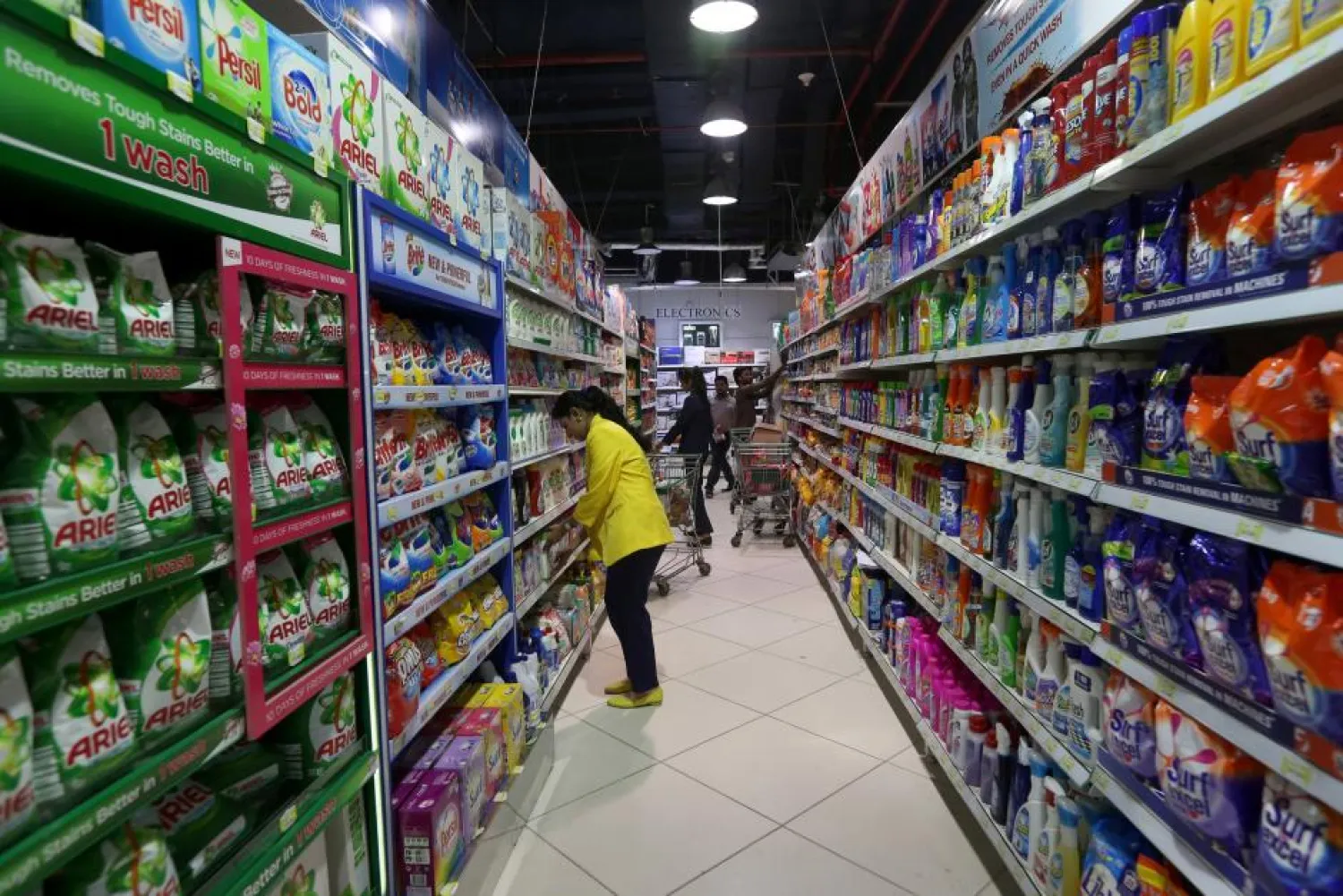Consumer prices in Turkey rose 11.90 percent in October year-on-year, the highest figure in the country in nine years.
The Turkish Statistical Institute (TurkStat) said Friday that in October, change in the consumer price index was a 2.08 percent increase on a monthly basis as a result of a rise in consumer prices, mainly transportation which was up around 16.8 percent.
Food prices also went up 12.7 percent, TurkSat said.
As for core prices, they rose an annual 11.8 percent in October, the highest since January 2004.
According to Bloomberg, the worse-than-expected data came two days after Central Bank Governor Murat Cetinkaya warned of a two-month inflation blackspot through November.
Given the elevated core index, which usually moves with a lag from the headline figure, overall consumer inflation might not decelerate as much and as fast as the central bank expects, said Inanc Sozer, a managing director of Istanbul-based Turkey Macro View Consulting.
“As the governor said, inflation continues to worsen, limiting the central bank’s room to act,” Sozer told Bloomberg. “There was long an expectation for the central bank to lower the cost of lending it provides to banks with an expected deceleration in inflation next year. Considering the level of core inflation, there can no longer be such an expectation.”
The central bank had revised its year-end inflation forecast to 9.8 percent from 8.7 percent three months earlier mainly due to the lira’s recent decline.









